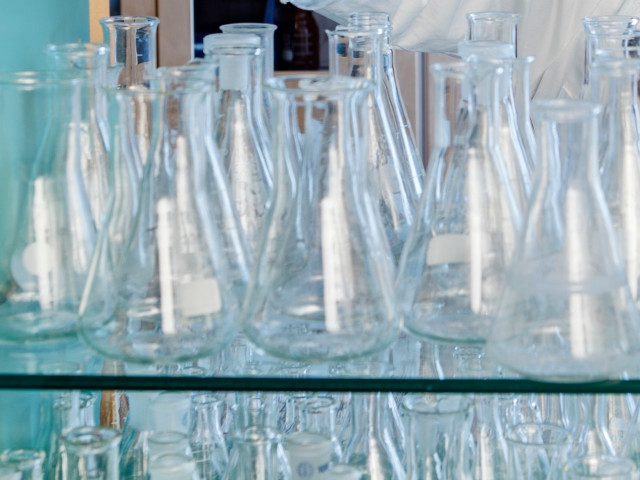The objective of the course is to give an overview of the different areas of chemistry, including
- chemical equations, stochiometry and termochemistry;
- an overview of instrumental methods in modern chemistry, e.g. chromatograpy, spectroscopy and diffraction methods;
- an oriention into the theoretical foundation of chemistry, i.e. chemical bonding, chemical equilibrium, reactivity;
- practical labratory skills, labratory work environment, safety regulations, chemical analysis and synthesis
